Jury in Zimmerman trial may consider lesser charge
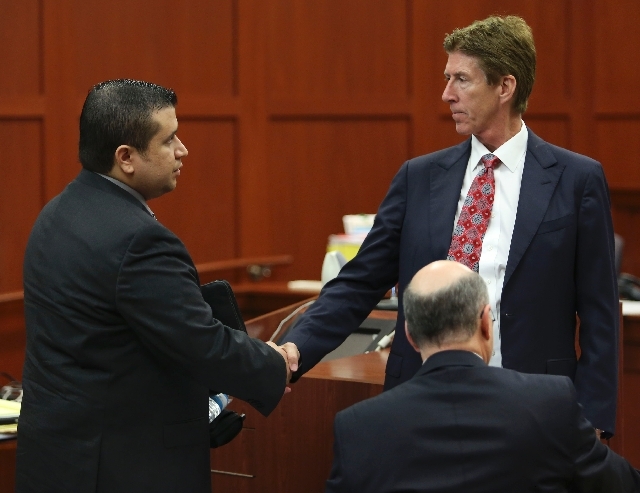
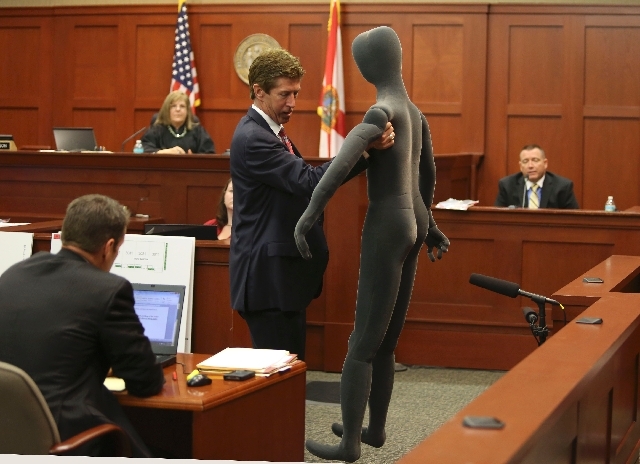
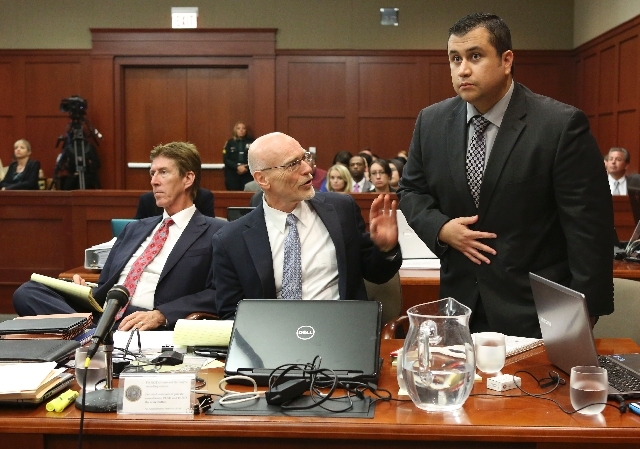
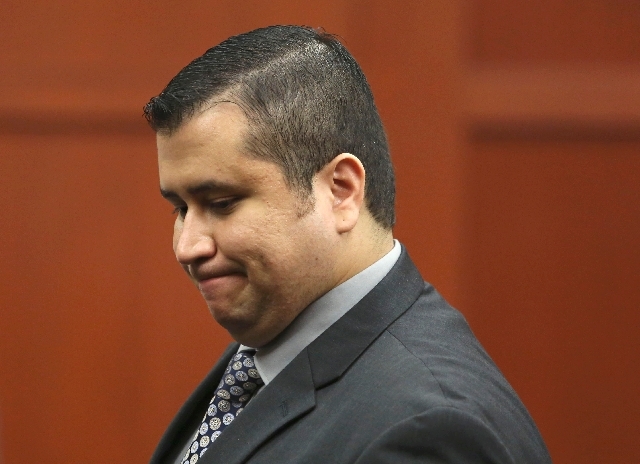
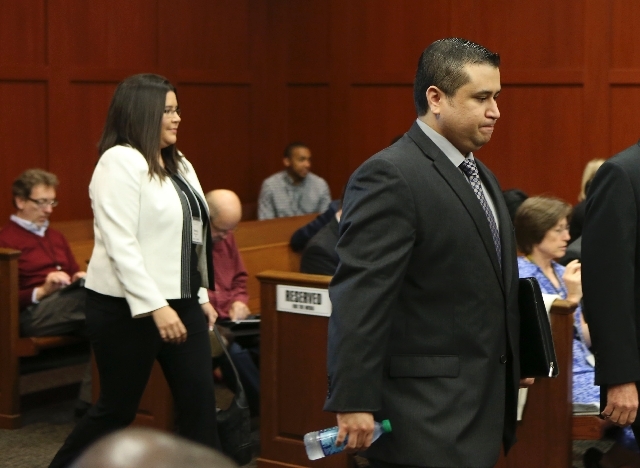
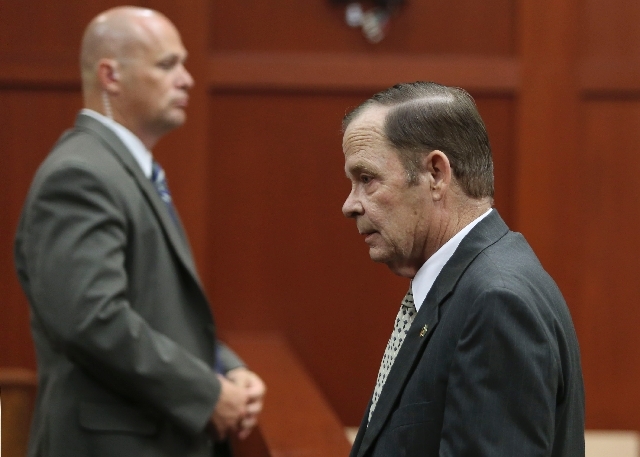
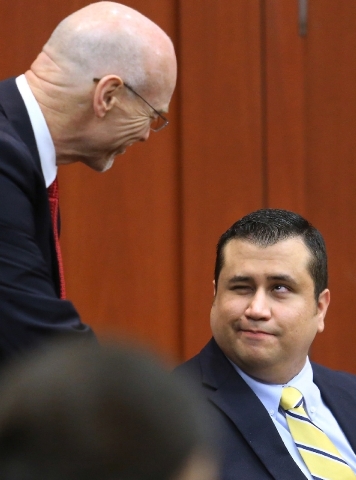
SANFORD, Fla. — In an unmistakable setback for George Zimmerman, the jury at the neighborhood watch captain’s second-degree murder trial was given the option Thursday of convicting him on the lesser charge of manslaughter in the shooting of 17-year-old Trayvon Martin.
Judge Debra Nelson issued her ruling over the objections of Zimmerman’s lawyers shortly before a prosecutor delivered a closing argument in which he portrayed the defendant as an aspiring police officer who assumed Martin was up to no good and took the law into his own hands.
“A teenager is dead. He is dead through no fault of his own,” prosecutor Bernie de la Rionda told the jurors. “He is dead because a man made assumptions. … Unfortunately because his assumptions were wrong, Trayvon Benjamin Martin no longer walks this Earth.”
Because of the judge’s ruling, the six jurors will have three options when they start deliberations as early as Friday: guilty of second-degree murder, guilty of manslaughter and not guilty.
Defense attorney Don West had argued for an all-or-nothing strategy, saying the jury’s only options should be guilty of second-degree murder or not guilty altogether.
“The state has charged him with second-degree murder. They should be required to prove it,” West said. “If they had wanted to charge him with manslaughter … they could do that.”
To win a second-degree murder conviction, prosecutors must prove Zimmerman showed ill will, hatred or spite — a burden the defense has argued the state failed to meet. To get a manslaughter conviction, prosecutors must show only that Zimmerman killed without lawful justification.
Allowing the jurors to consider manslaughter could give those who aren’t convinced the shooting amounted to murder a way to hold Zimmerman responsible for the death of the unarmed teen, said David Hill, an Orlando defense attorney with no connection to the case.
“From the jury’s point of view, if they don’t like the second-degree murder — and I can see why they don’t like it — he doesn’t want to give them any options to convict on lesser charges,” Hill said of West.
Because of the way Florida law imposes longer sentences for crimes committed with a gun, manslaughter could end up carrying a penalty as heavy as the one for second-degree murder: life in prison.
It is standard for prosecutors in Florida murder cases to ask that the jury be allowed to consider lesser charges that were not actually brought against the defendant. And it is not unusual for judges to grant such requests.
Prosecutor Richard Mantei also asked that the jury be allowed to consider third-degree murder, on the premise that Zimmerman committed child abuse when he shot the underage Martin. Zimmerman’s lawyer called that “bizarre” and “outrageous,” and the judge sided with the defense.
Zimmerman, 29, got into a scuffle with Martin after spotting the teen while driving through his gated townhouse complex on a rainy night in February 2012. Zimmerman has claimed he fired in self-defense after Martin sucker-punched him and began slamming his head into the pavement. Prosecutors have disputed his account and have portrayed him as the aggressor.
During closing arguments, de la Rionda argued that Zimmerman showed ill will and hatred when he whispered profanities to a police dispatcher over his cellphone while following Martin through the neighborhood. He said Zimmerman “profiled” the teenager as a criminal.
“He assumed Trayvon Martin was a criminal,” de la Rionda said. “That is why we are here.”
The prosecutor told the jury that Zimmerman wanted to be a police officer and that’s why he followed Martin. But “the law doesn’t allow people to take the law into their own hands,” de la Rionda said.
Zimmerman’s lawyers are expected to deliver their closing arguments Friday morning.
———
Follow Kyle Hightower on Twitter at http://twitter.com/khightower.
Follow Mike Schneider on Twitter at http://twitter.com/MikeSchneiderAP
Related Stories:











